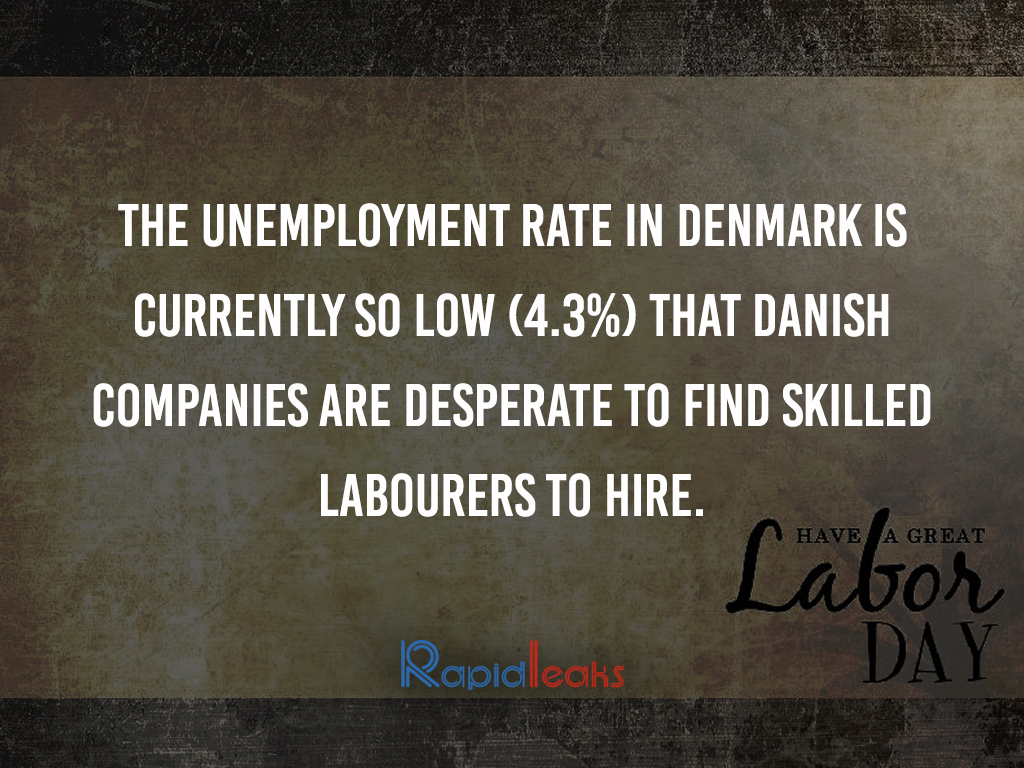Labour Day which falls 1st of May and collides with May Day, is also known as International Workers’ Day. Labour Day comprises of a celebration of labourers and the working class, and is promoted by the International labour movement, socialists, anarchists or communists, and is majorly celebrated to pay tribute to the labourers. Labour Day was first given its name in 1886 and since then it has a huge significance for labour rights campaigners, particularly.
The first time India celebrated Labour Day was in the year 1923 in Chennai and the tradition slowly and steadily spread all over the country where people come together to understand the importance of fairness for workers. Labour Day has a rather deep-rooted symbolic history in the United States where the people fought against the abnormalities in the working system, including child labour, lengthy works days and weeks, as well as, poor conditions. After such a long time, there are certain things that still haven’t succumbed to the passage of time.
Isn’t it interesting that something for which many fought for a long time in 1886, is still into action? Those people wanted a shift in their work culture, from long overhauled 16-hours to 8-hours, however, even after some 130 years, we still work on the premised 8-hour working shifts. It’s just that we get free food, snacks, weekends, occasional booze and trips, that compensate for the 130-year-old work culture.
In India, the Labour Kisan Party of Hindustan on 1st May 1923 in Chennai celebrated the holiday and gave the first official date for its significance to the country. Along with the International Workers’ Day, India also celebrates ‘Maharashtra Day’ and ‘Gujarat Day’ where both the states attained their statehood after being divided into linguistic lines.
This Labour Day we thought of giving you some facts about the day and labours’ significance in the world. From unemployment to brutality on labours, these facts touch on the very essence of the day and present us some of the least talked about things in our country.
#1
#2
#3
#4
#5
#6
#7
#8
#9
#10
Labour Act In India:
Child labouring is still an issue that the world is collectively trying their best to tackle. However, countries with cheap labours still fall for the issue and snatch childhood of thousands of children. In India, Child Labour Act of 1986, prohibits employing people below 14 years of age and it has been put into action in order to achieve better labour standards in the country. Plus, it also ensures that there’s no abuse or maltreatment of children by the industries. There are many Organisations working to abolish Child Labour in India. They are spreading awareness among people through various means such as campaigns, videos, meetings etc.
1st May 2017
Jyotsna Amla












